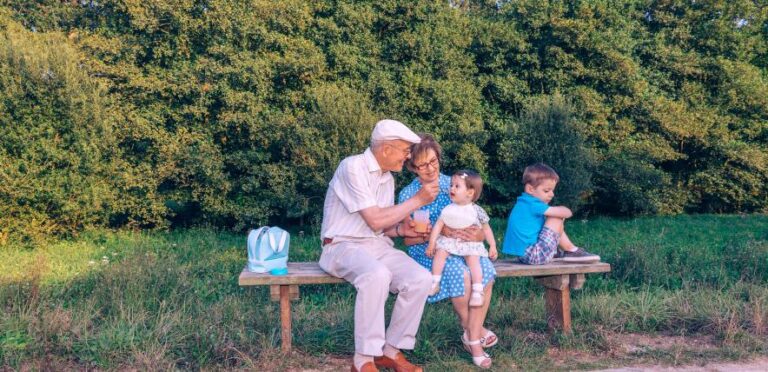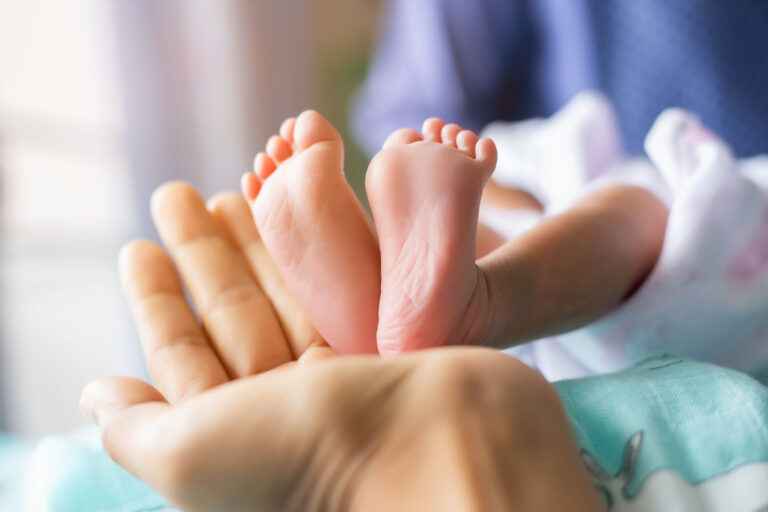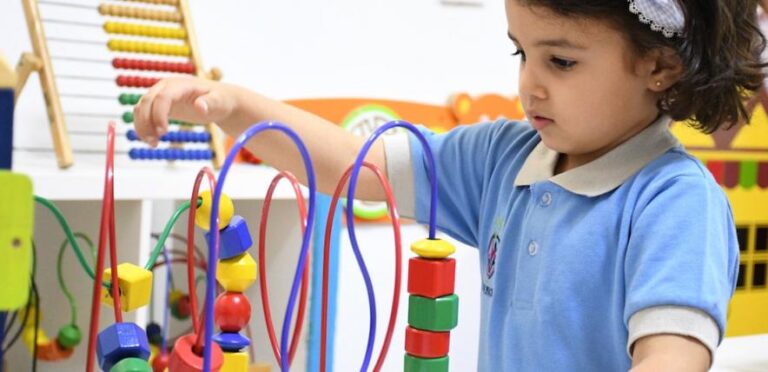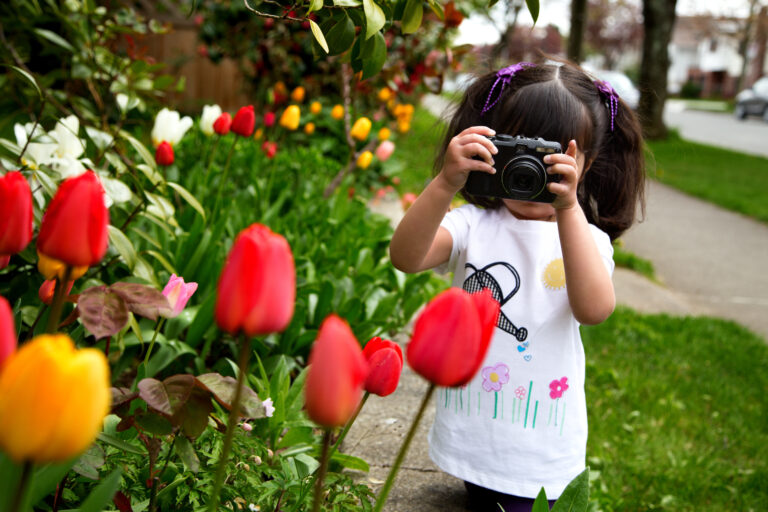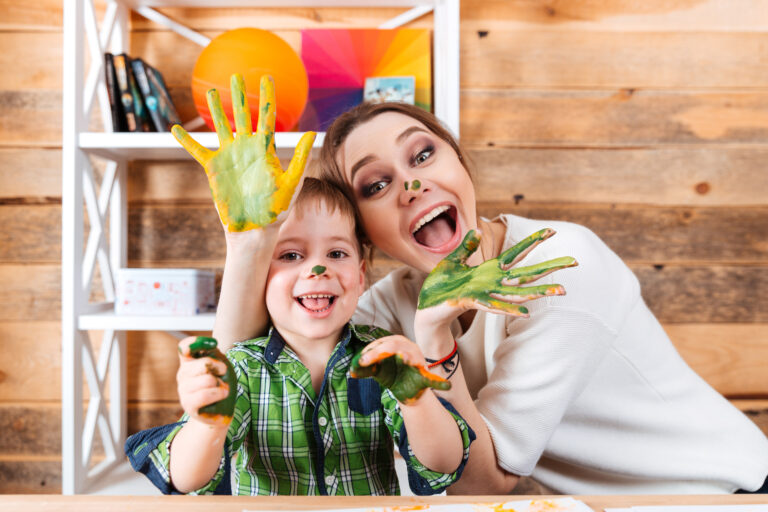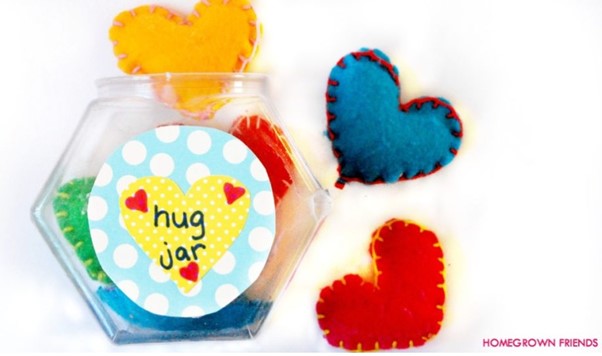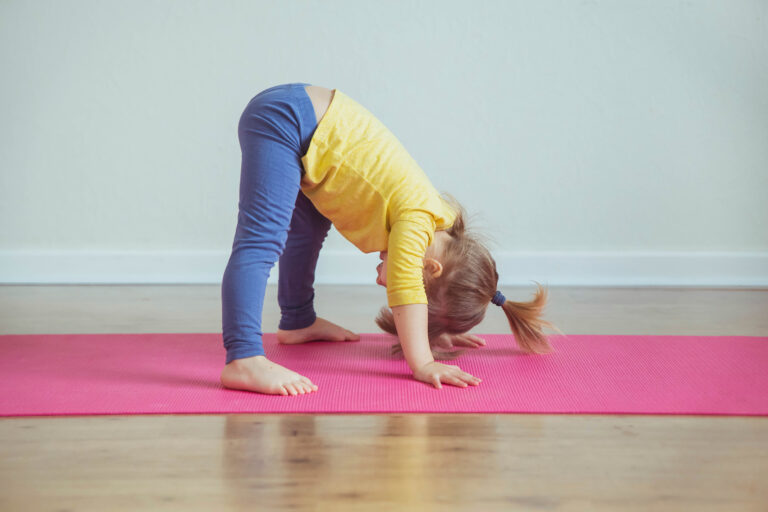None of us can prevent the inevitable. As much as we don’t like to think about it, there will come a time when we need to tell our children about a death in the family. For the lucky ones, this may not be relevant until your child or children reach adulthood, but if your family is faced with bereavement when your child is still at a very young age, you may find it tricky to broach the subject. There are no hard and fast rules, but if you are unsure about what to say or how to help your child through their sadness, these suggestions might help.
What to say
It can be really hard for a parent dealing with their own grief to endure the task of explaining to their child that someone close to them has died. It can also seem, especially with very young children, that perhaps they should be shielded from such tough life events. But children pick up emotions and atmosphere very easily and, therefore, do need an explanation. You may need some support so enlist the help of someone your child knows and trusts.
This is not a time for euphemisms and vagueness. Young children are likely to find it harder to process ‘Granny’s gone to live with the angels’ or ‘Grandpa has gone to sleep’ than the hard facts. In fact sometimes these ‘gentle’ metaphors for death can leave a child confused and insecure. Even a two year old will have come across a dead bug or a mouse the cat brought in, so will have a basic idea of what the word ‘dead’ means. However, with all under fives, it is important to emphasise that whoever has died won’t come back. Even a simple ‘We are sad because Grandma has died so we can’t see her again’ may be enough for a 2 or 3 year old, but do be prepared for some questions, which you should answer honestly but simply.
It is a good idea to make it clear to your child that most people die when they are old, and often they are ill for a while first, as this will help allay their fears that you might also die imminently.
Recognising grief
Under fives are not likely to fully grasp the concept of the permanence of death, and so they may seem relatively unaffected by bereavement. Others may show a regression: become clingy, resume bed wetting or generally take a (temporary) step backwards developmentally. Changes in young children’s behaviour during this time may be more apparent such as separation anxiety, tearfulness and even angry outbursts.
The level of grief will usually correspond to the closeness of the relationship between the child and the person who has died. Even babies may become agitated and unsettled or very quiet if somebody close to them disappears from their world. 2 to 5 year olds may demonstrate signs of feeling upset by the loss of someone dear to them, but are likely to dip in and out of sadness and in some cases will not obviously react at all. This is all normal, and just as adults experience and process grief in a variety of ways, so will children.
What to do
Show your grief and talk about your feelings with your child in appropriate language. Being open about your emotions will encourage your child to follow your lead. It is important to give plenty of opportunities for them to express how they are feeling and for you to offer support.
As well as physical comfort in the form of cuddles, love and consistent presence, you can support bereaved children by maintaining their routine. The normality of daily rhythms represent security and comfort, especially for very young children. Keep as much of daily life as normal as possible, and don’t hesitate to continue with preschool sessions or nursery as usual – explain to the staff what has happened and ask them to acknowledge the sad news verbally with your child[m1] .
The funeral
Whether your child will attend the funeral is a decision personal to you and your family. Whatever you decide, you may find your child has a lot of questions. Answer these questions as honestly as you can and explain that this is a chance to say goodbye. It can be easier to focus on the event rather than on the circumstances that have led to it, but keep your explanations as simple as possible. For example: “Grandpa’s body is going to be taken somewhere special where everyone can say goodbye and we can come back here to remember him”.
Last but not least
Don’t forget to take care of your own needs. If you are grieving too you need to make sure that you are also getting enough support to process your own pain and loss.
Further resources and support:
Childhoodbereavementnetwork.org.uk
Written for the Early Years Alliance by Martha Hales.

